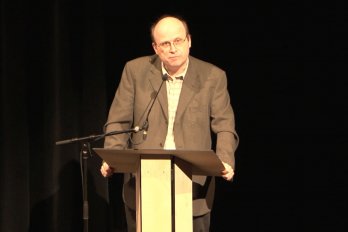
How Canada Once Saved Thousands of Steel Jobs
As Trump’s tariffs throw the industry in turmoil, there are lessons to be learned from history
Read MoreFact-based journalism that sparks the Canadian conversation

As Trump’s tariffs throw the industry in turmoil, there are lessons to be learned from history
Read More
“Ordinary people lead extraordinary lives”
Read More